Ten reasons why getting enough sleep is crucial
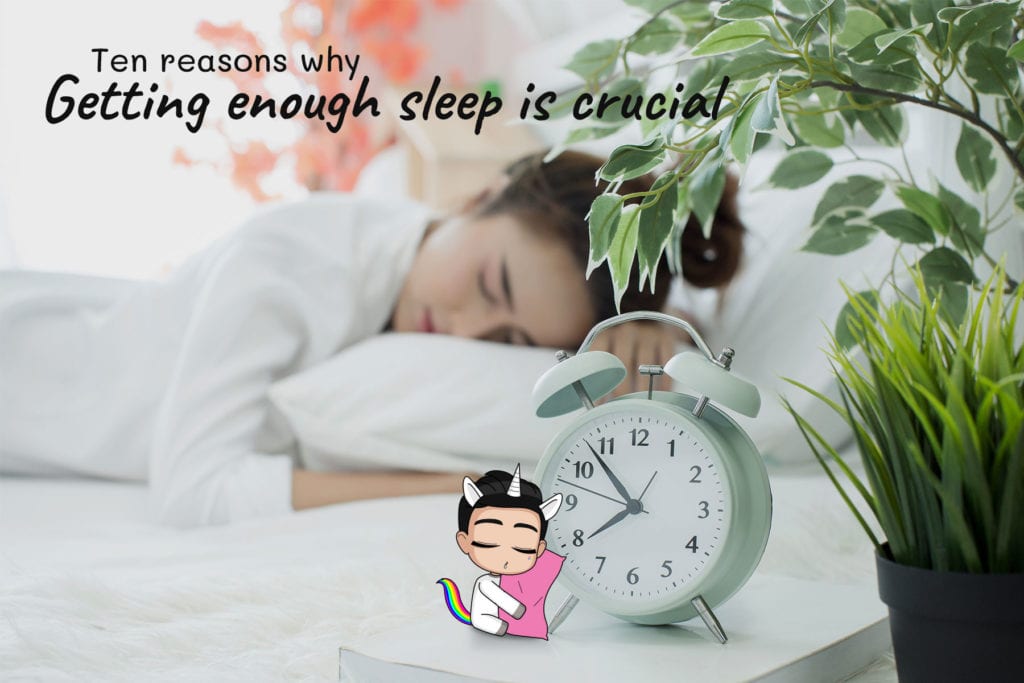
NeoRhythm is the world’s first gesture-controlled neurostimulation headband that uses pulsed electromagnetic field (PEMF) technology. The headband creates a perfect mental environment for the desired state of mind by emitting scientifically validated dominant and accompanying frequencies to which the brain synchronises (e.g. rest and relaxation or energy and focus).
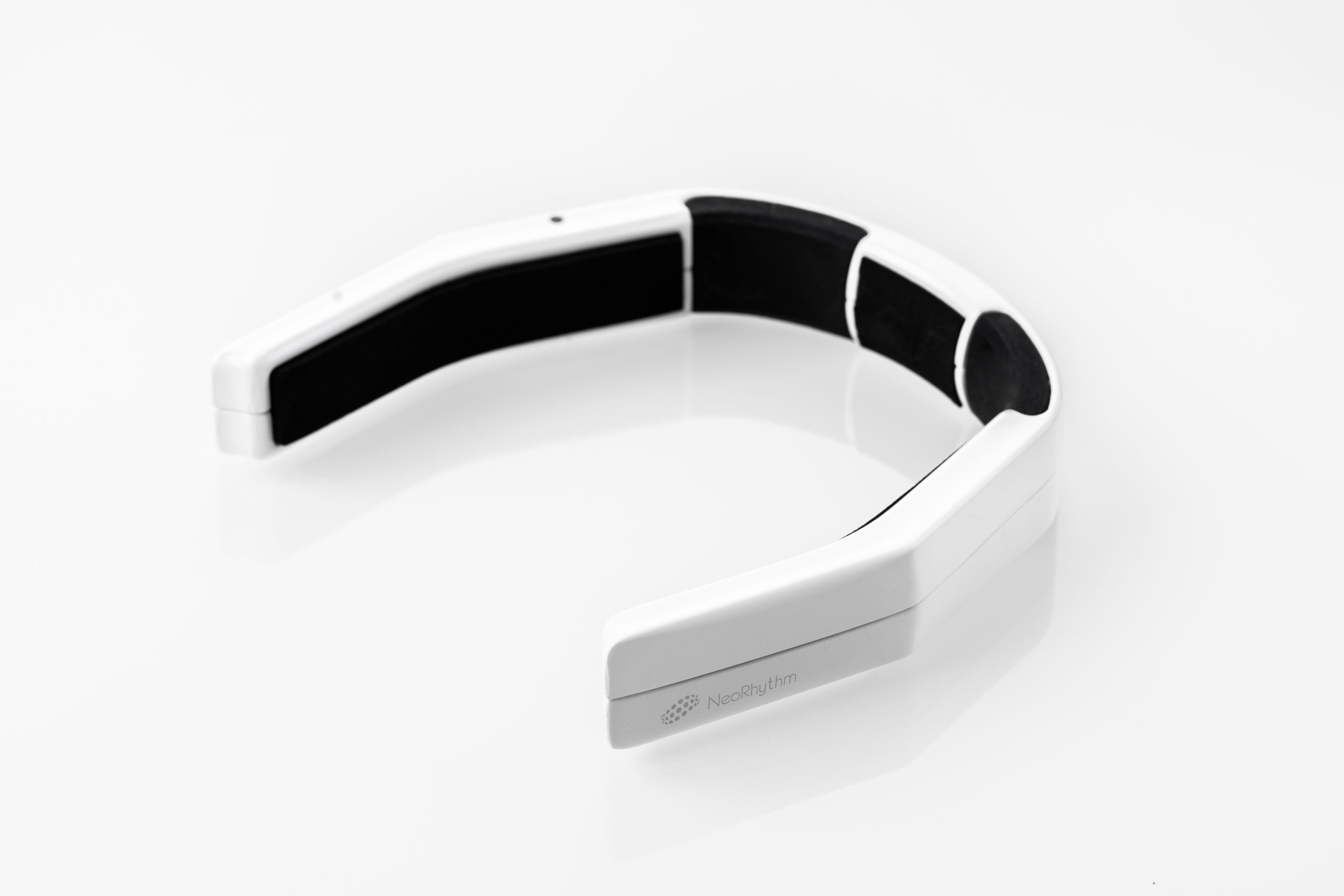
NeoRhythm’s PEMF technology allows the wearer’s brain to imitate NeoRhythm’s external cues or “brainwave entrainment”. The result of doing this on purpose is close to how a soothing song can ease your mind or how a train trip can make you sleepy.
The headband has five non-invasive magnetic-field-producing coils. Its advanced technology and design can be used in five different positions to better reach the brain’s area. The wearer can choose from six stimulation programs, all of which are backed by scientific studies in the fields of PEMF and repetitive transcranial magnetic stimulation (rTMS):
- Improve Sleep: Emits frequencies of theta and delta brainwaves, which are usually created by the brain as we sleep, to calm down and enter sleep mode.
- Deep Relaxation: When we are quiet and relaxing but still alert, our brainwaves are dominated by alpha waves. The headband emits a frequency of delta waves that synchronises with the cortex, resulting in a state of calmness.
- Enhance Mental Capacity: This mode produces a dominant frequency of beta brainwaves, with a lower frequency of gamma brainwaves associated with a higher vision.
- Meditation: Stimulates the brain with dominant theta waves, suitable for intense sleep or dominant alpha waves, ideal for calm concentration.
- Energy Plus Vitality: Energizes and revitalises the body and mind via two mechanisms: brainwave entrainment, which coaxes the brain into a state of higher consciousness, and direct re-energization of cells from the induced electromagnetic fields.
“For decades, PEMF technology has been used in expensive wellness devices, but OmniPEMF has taken that technology and put it into a small and affordable wearable device for anyone to use,” said Marko Kadunc, CEO of OmniPEMF. “Millions of people worldwide struggle with sleep, focus and anxiety. After collaborating with neurostimulation researchers, professionals and other experts to ensure our product is top of the line, we’re extremely pleased to bring NeoRhythm to market, giving people the power to change their mental state on demand.”
A good night’s sleep is critical to your overall well-being. It is, in truth, just as essential as eating well and exercising regularly.
There’s a variety that can disrupt regular sleep cycles, unfortunately. People are sleeping less than they used to, and the consistency of their sleep has diminished.
Here are ten reasons why getting enough sleep is essential.
1. Lack of sleep has been attributed to an increase in body weight.
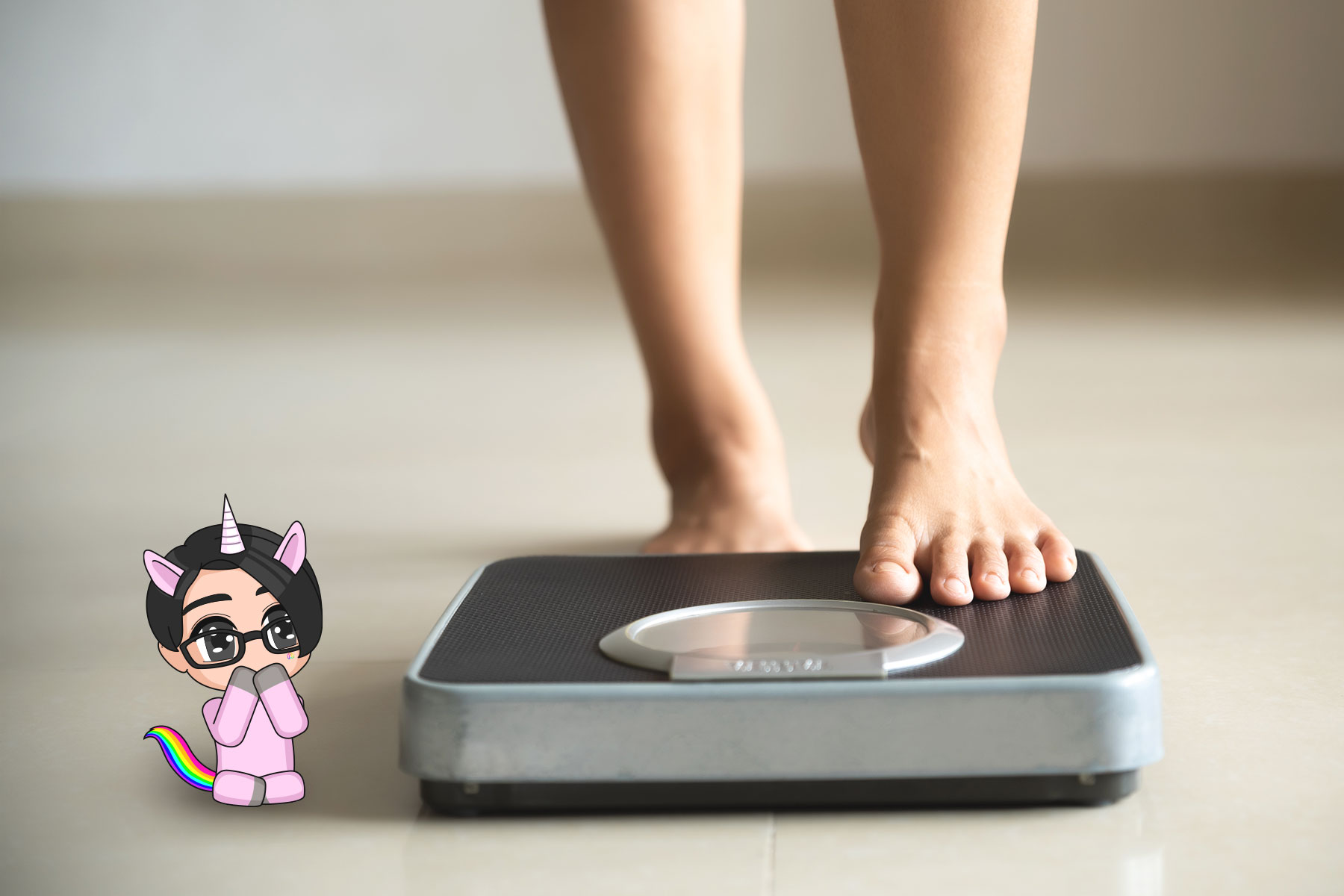
Sleep deprivation has been attributed to weight gain.
People who get little sleep appear to weigh slightly more than those who get enough sleep. In reality, a lack of sleep is one of the most potent risk factors for obesity.
Children and adults with short sleep time were 89 percent and 55 percent more likely to experience obesity, respectively, in an extensive review survey.
Numerous causes, including hormones and the desire to exercise, are thought to play a role in the impact of sleep on weight gain.
Having enough sleep is necessary if you’re trying to lose weight.
SYNOPSIS – In both children and adults, a lack of sleep is related to an increased risk of weight gain and obesity.
2. People who get enough sleep burn fewer calories.

Sleep-deprived people have an enormous appetite and consume more calories, according to studies.
Sleep deficiency is thought to induce weak appetite control by disrupting appetite hormones’ daily changes.
This involves higher ghrelin levels, the appetite-stimulating hormone, and lower leptin levels, the appetite-suppressing hormone.
SYNOPSIS – Hormones that control appetite are affected by lack of sleep. People who get enough sleep eat fewer calories than people who don’t.
3. Having enough sleep will help you concentrate and be more effective.

Sleep is essential for a variety of brain functions.
Cognition, attention, efficiency, and success are all indicators of this.
Sleep deficiency has a detrimental effect on both of these.
An analysis of medical interns serves as an outstanding example.
Interns, who worked a standard schedule of more than 24 hours of work per day made 36 percent more severe medical mistakes than interns who worked a plan that allowed for more sleep.
According to another study, short sleep has a similar effect on specific brain activity facets as alcohol overdose.
Healthy sleep, on the other hand, has proven to be beneficial.
On the other hand, healthy sleep has been found to increase children’s and adults’ problem-solving abilities and memory capacity.
SYNOPSIS – A good night’s sleep will improve problem-solving abilities and memory. Brain activity is harmed by insufficient sleep.
4. A good night’s sleep will help athletes perform better.

It has been shown that getting enough sleep improves athletic results.
A study of basketball players revealed that longer sleep increased the tempo, accuracy, response speeds, and mental well-being.
In older women, less sleep time has also been related to low exercise efficiency and functional limitations.
Inadequate sleep was related to slower walking, reduced grip ability, and more difficulty undertaking independent tasks in a survey of over 2,800 women.
SYNOPSIS – Many facets of athletic and physical fitness have been found to increase with more sleep.
5. People who don’t have enough sleep have a higher chance of heart attack and stroke.

The quality and length of sleep influences many health risk factors; cardiovascular illnesses such as heart failure are thought to be triggered.
According to a fifteen reports study, those who don’t get enough sleep have a much higher chance of heart attack or stroke than people who sleep seven to eight hours per night.
SYNOPSIS – A lack of sleep of less than seven to eight hours per night may be attributed to a higher risk of heart disease and stroke.
6. Sleep affects glucose tolerance and the possibility of type two diabetes.

Sleep deprivation affects blood sugar levels and decreases insulin sensitivity in rats.
According to a report, sleep deprivation of four hours a night for six nights in a row triggered signs of prediabetes in stable young men.
Within one week of extended sleep time, these signs disappeared.
In the general population, poor sleep patterns are also closely related to adverse effects on blood sugar.
Sleeping less than six hours a night has been linked to an elevated risk of type two diabetes on several occasions.
SYNOPSIS – In healthy adults, sleep loss can induce prediabetes in as little as six days. Numerous studies have shown a close correlation between insufficient sleep and type two diabetes.
7. Sleep loss has been related to depression.

Sleep deprivation affects blood sugar levels and decreases insulin sensitivity in rats.
According to a report, sleep deprivation of four hours a night for six nights in a row triggered signs of prediabetes in stable young men.
Within one week of extended sleep time, these signs disappeared.
In the general population, poor sleep patterns are also closely related to adverse effects on blood sugar.
Sleeping less than six hours a night has been linked to an elevated risk of type two diabetes on several occasions.
SYNOPSIS – In healthy adults, sleep loss can induce prediabetes in as little as six days. Numerous studies have shown a close correlation between insufficient sleep and type two diabetes.
8. Sleep strengthens the immune system.

The immune function is affected by even slight sleep deprivation.
A major two-week study was conducted and documented the typical cold progression after people were given cold virus nasal drops.
They discovered that those who slept for less than seven hours were almost three times more likely to catch a cold than those who slept for eight hours or more.
If you often catch colds, having at least eight hours of sleep each night can be advantageous. Garlic use can also help.
SYNOPSIS – Getting at least eight hours of sleep each night will boost the immune system and aid in the battle against the common cold.
9. Inflammation is attributed to a lack of sleep.

Sleep may have a significant impact on your body’s inflammation.
In particular, sleep deprivation has been linked to the activation of inflammatory and cell-damaging markers.
Sleep deficiency has been related to the digestive tract’s long-term inflammation in inflammatory bowel disease (IBD).
According to one report, sleep-deprived Crohn’s disease patients were twice as likely to rebound as patients who slept well.
Researchers are now recommending sleep assessment to assess better the results of people who have long-term inflammation problems.
SYNOPSIS – The inflammatory responses of your body are influenced by sleep. Irritable bowel syndrome is related to poor sleep, which will increase the chance of recurrence.
10. Feelings and social experiences are affected by sleep.

Sleep deficiency makes it impossible to communicate socially.
Several experiments using emotional facial recognition tests supported this.
According to one report, people who hadn’t slept had difficulty identifying signs of frustration and pleasure.
Insufficient sleep, according to researchers, affects the ability to interpret essential social signals and process emotional content.
SYNOPSIS – Sleep deficiency can affect your cognitive skills and ability to understand other people’s emotions.
Last but not least
Healthy sleep is one of the foundations of fitness, alongside diet and exercise.
You obviously cannot achieve optimum well-being unless you pay attention to your sleeping patterns.


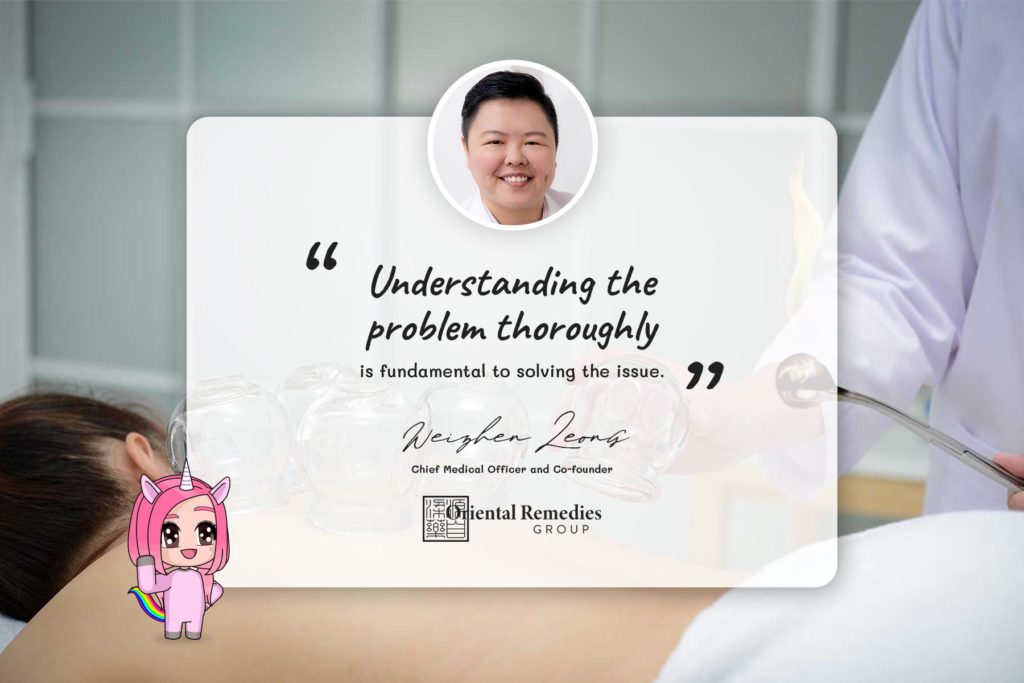

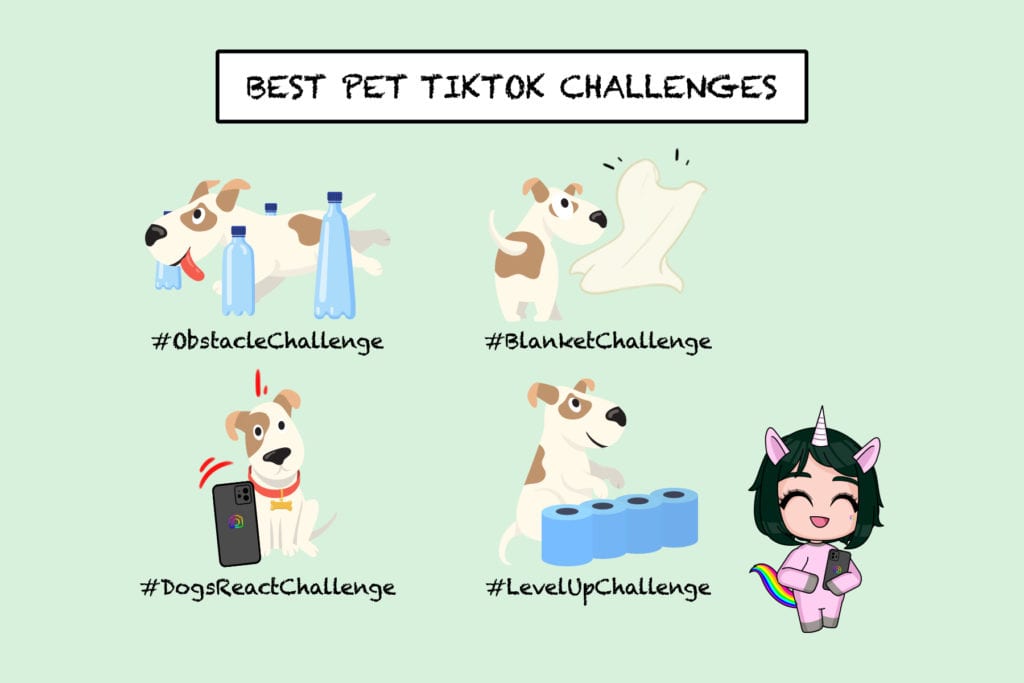



Responses